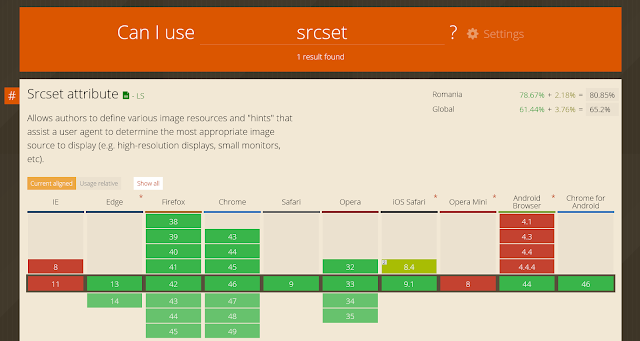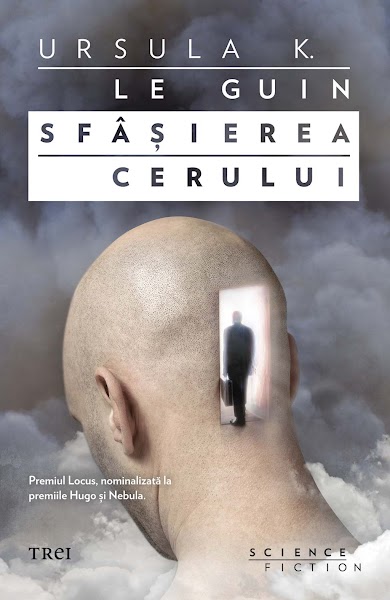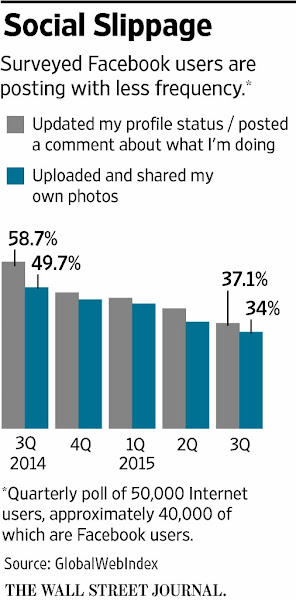The 1967 treaty was signed at the height of the Cold War, during a time when the space race was in full swing and many people were rightly concerned about the militarization of space. The exigencies of the era demanded that we address the risk of nuclear weapons in space and reduce our chance of nuclear annihilation. Thoughts of a future era of commercial space mining were the farthest thing from most people’s thoughts.
Half a century later, however, technology has advanced considerably, creating many new opportunities including the commercial exploration and use of space. While claiming entire worlds is still off limits, as it probably should remain for a long time, the ability to mine and make use of materials from asteroids and other off-planet sources is finally being opened up. The legislation, called the “U.S. Commercial Space Launch Competitiveness Act,” calls for facilitating “commercial exploration for and commercial recovery of space resources by United States citizens.” If the President signs the Act into law, it means commercial ventures will finally be able to try and profit from space exploration—which will stimulate further development, innovation and exploration. In light of this policy shift it seems likely that other nations will quickly follow suit.
Richard Yonck
A piece of unexpected news that popped up in several variations in my Twitter feed in the last couple of weeks. While most opinions are positive, I feel it’s a dubious legislation that can lead to unfortunate consequences. First of all, since it concerns outer space, I don’t think the United States should be allowed to pass this kind of legislation, giving US citizens an unfair advantage in space exploitation, without approval from the United Nations. Secondly, the provisions included seem intentionally vague and misleading: any U.S. citizen
– with no way to control how companies ‘obtain’ these ‘resources’, it opens the doors wide for abuse: strip-mining of asteroids and planets with no regard for the original environment or long-term consequences. If private companies are allowed to mine the Moon for example and ship everything back to Earth – because it’s the most profitable business – there will be no resources left for establishing Moon bases and launching towards the rest of the solar system. For now this is only speculation, since regular commercial spaceflight is still years, if not decades away, but I think this legislation is a step in the wrong direction. shall be entitled to any asteroid resource or space resource obtained




